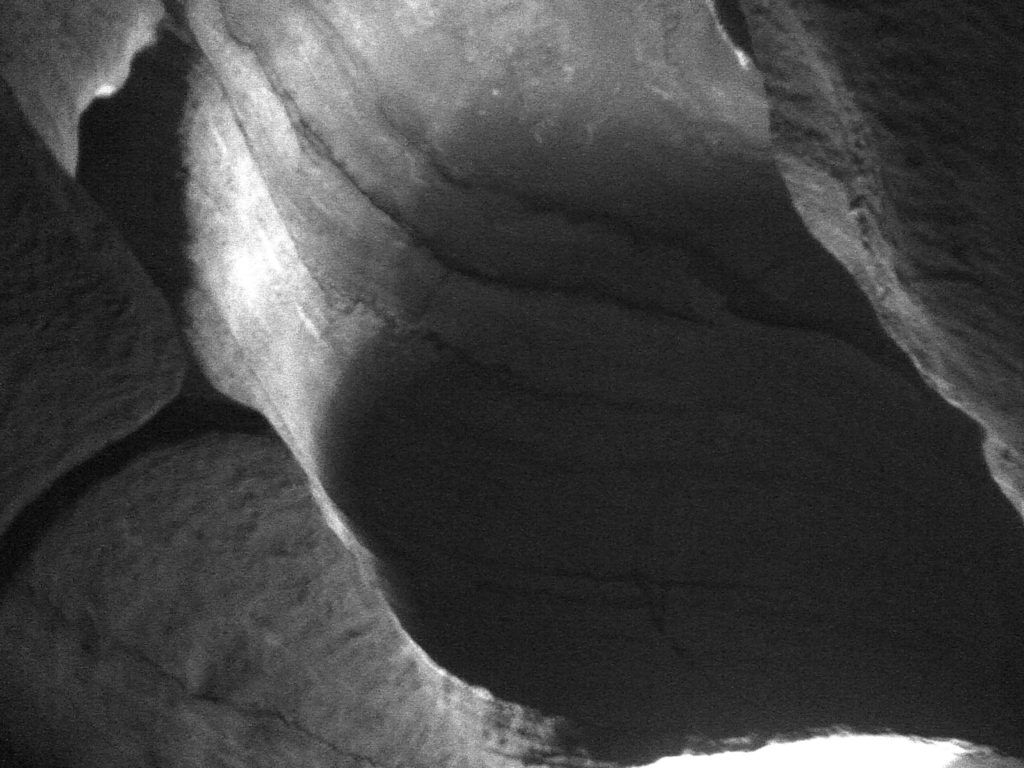January 25, 2020
A new interview with author and activist Selene DePackh and Quintan Ana Wikswo is published on SCRY MAGAZINE on Brain Banks, Neurodivergence, CERN, and Robbing the Graves of the Living.
The navigational flight-paths of Selene dePackh and I first crossed when we discovered that we had both been approached by brain banks, requesting posthumous study of the sweet, strange yolk inside the shell of skull. From that point forward, additional conversation has felt mandatory. How many of us are there – queer, neurodivergent, and a thousand other known and unknown, celebrated and censored states of being – whose post-mortem brains fetch a tangible price in the marketplace for scientific research?
In the murmuration below, we fly through these and other skies.
Selene dePackh is a queer, physically disabled neurodivergent who forefronts marginalized characters in her writing. She’s been a visual artist most of her professional life; her credits include the cover illustration and design for The Biopolitcs of Disability by Mitchell & Snyder.
Her novel Troubleshooting (Glitch in the System series) has been taught in several Disability Studies programs across the country. Kirkus says of it and its narrator, “There are few protagonists in sci-fi—or literature in general—that present an autistic perspective with such specificity and pathos. The explorations of ableism and sexuality in a claustrophobic cyberpunk setting make this unlike anything most readers will have encountered before.”
Her genre-fluid noir short fiction has recently or will soon in appear in the anthologies Spoon Knife, SYNTH#2, Recognize Fascism and Nightside Codex as well as Weird Whispers magazine. Her creative nonfiction has appeared in the Identities issue of Shooter, and Heavy Feather Review.

DEPACKH: I’ve approached this question from so many angles… my epiphany came at a bleak point in my life a couple of years after my autism diagnosis. I was dutifully going through therapy with a “recognized expert in the field” because I had burned out yet again. I was short of money, and one of the few things I had to sell was my diagnosis. I participated in a study hosted through two local universities which involved multiple approaches to autism diagnosis. I was being scanned in an MRI machine, and it dawned on me as I lay there motionless while my aberrances were being defined in 3-dimensional space that my brain was being mapped like a new frontier ripe for colonial exploitation. I’ve discussed in many places how my own background of privilege and experience of disability has given me insight into the workings of the machinery from both ends of the examining lens.
Of course, “divide and conquer” has been the doctrine and strategy of imperialism from the start. We can’t be permitted to speak to one another, because then we might become more a more powerful resistance. The recent political tides have made telling this story legibly all the more urgent. I’ve turned my attention almost completely toward fiction and illustration in the hope of being more accessible. I never thought I’d find myself described as a science fiction writer, but here I am beside Huxley and Orwell in the low-rent district of literature. If the partitions can be bridged by the lowest common denominator of popular communication, then that’s where I’ll start building.
from SCRY MAGAZINE, 25 January 2020 / Murmuration between Selene DePackh and Quintan Ana Wikswo

SCRY: We have found common terrain in neurological rabbitholes – the one that springs to mind is the random (or not?) discovery on social media that both of us have been approached by brain harvesters. My brain is actually worth more than I am alive. I don’t know if you wrote that, or I did.
DEPACKH: I have as my Facebook page personal quote that as an autistic, I resent being worth more as a dissection specimen than alive. There’s a person in my adopted city who has been involved in shady things connected to a “youth facility” for neurodivergent misfits but who still gets abundant funding, promotes “art events” for compliant autistics, and stalks us without showing true colors.
This person has (or had as of a year ago, the last time I could stomach a search) a page on the Autism $peaks website outlining appropriate techniques for approaching parents for pre-mortem donation commitments (by written contract) of their children’s brains. Considering autistics have an average lifespan variously measured at 32 or 54 depending on the study, and a ninefold suicide rate, while A$ siphons funds away from services that might actually extend autistic lifespans and increase quality of life, it’s fertile ground they’re plowing. We call the ones who run the brain program the zombies, but the whole organization is vampiric.
SCRY: Yes. It is an underworld of predation upon neurodivergents that is operating in a kind of open secrecy. So much is problematic here – the fact that it is so out of the realm of believability is a major impediment to stopping this brain farming. When it happened to me, I gained no traction. I mentioned this to my parents, who refused to believe that I was approached. I found myself offended that they didn’t think my brain was worth studying, while I was also offended that I was not believed, while I was also offended that Harvard finds it acceptable to openly solicit the purchase of my brain. And then terrified that I could have – or might – lose agency over my brain because my parents could decide to do anything they wish with it, should I become sufficiently disabled.
